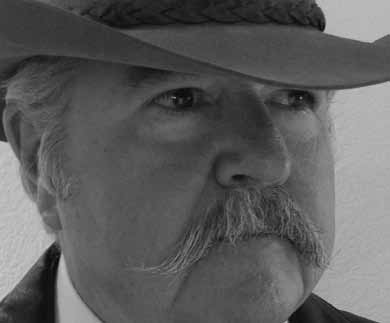We have ranted and railed for years about the excessive and job-killing professional licensing requirements in Nevada — to no avail.
Nevada has long ranked among the worst locales in the nation for limiting competition for jobs in certain professions — and not just doctors and lawyers, but also bricklayers, makeup artists, bus drivers, painters, manicurists and animal trainers.
Nationally, over the past 60 years, the number of jobs requiring an occupational license has grown from about one in 20 to about one in four.
According to a study just released by the Wisconsin Institute for Law & Liberty, Nevada ranked third worst in the nation for burdensome fees, training and apprenticeship requirements, behind only Tennessee and Alabama. The study suggests Nevada could increase employment by nearly 8.5 percent by merely reducing the professional licensing burden.
“When considering reforms to occupational licensing in their respective states, lawmakers are responsible for balancing concerns about public safety with the maintenance of an economic environment that ensures opportunity for all,” The Wisconsin Institute study concludes. “Protected interests in regulated occupations will, almost universally, oppose reductions in the burdens of licensure. It is often in their interest to maintain, and even raise, barriers to entry. But policymakers are now armed with statistical evidence that rigorous licensing burdens result in less employment in certain regulated professions. If protected interests cannot offer clear and substantiated proof that current licensing regulations are critical to protecting the public, policymakers must consider the forgotten men and women that those lower employment figures represent.”
Are the protections worth it?
Too often such licensing is little more than a protection racket for those in certain professions who don’t want any more competition.
A year ago, the Virginia-based Institute for Justice, which litigates to advance liberty by challenging government encroachment and restrictions, found that Nevada is the most expensive state in which to work in a licensed lower- and moderate-income occupation. The average licensing fee was $505. The law also requires an average of 601 days of education and experience and two exams, IJ found.
IJ also noted that Nevada’s education and experience requirements don’t seem to align with public safety concerns. “Emergency medical technicians can earn a license with just about 26 days of training. This is far less training than required of barbers, mobile home installers, cosmetologists, makeup artists, skin care specialists, manicurists and massage therapists,” IJ recounted.
In fact, to become an interior designer in Nevada requires 2,190 days of experience and/or education, while one can obtain a security guard license and a child care worker license at no cost with only two days of training.
Bills in both the 2015 and 2017 Nevada legislative sessions to modestly reform licensing requirement died without ever getting a hearing.
But perhaps there is an inkling of hope.
According to the Washington Examiner, representatives of 11 states, including Nevada, are planning to meet in Tucson, Ariz., in December to examine ways to lighten the burden of professional licensing laws, especially for jobs that do not require a college degree. The meeting is being coordinated by the National Conference of State Legislatures, the National Governors’ Association and the Council of State Governments.
The licensing requirements also vary wildly from state to state and can be a hindrance for relocation, especially people such as military spouses who move frequently.
A 2015 study by the Brookings Institution found job restrictions resulted in 2.8 million fewer jobs nationally and raised consumer costs by $203 billion annually.
Are the protections worth it? — TM


